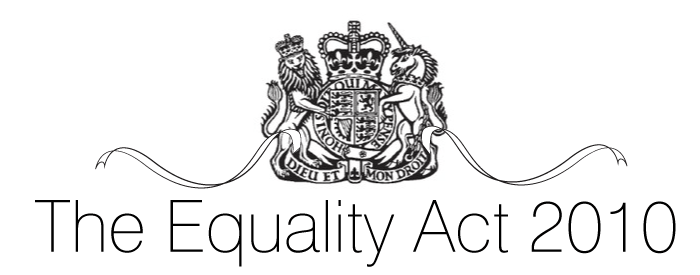Perception is Everything
An individual will be classed as disabled under the Equality Act 2010 if they have a physical or mental impairment that has a ‘substantial’ and ‘long-term’ impact on their ability to carry out normal daily activities’. All disabled employees are protected from discrimination and their employers are required to make reasonable adjustments to their working environment, if necessary. But what if the employer only perceives there to be a disability or potential deterioration of a condition. Do those rights still arise?
The recent case of Chief Constable of Norfolk v Coffey UKEAT/0260/16 (19 December 2017) addressed the perception of disability under the Equality Act 2010, and we will summarise it here to help illustrate the perceived disability issue.
Mrs Coffey was employed as a police constable in Wiltshire. The police have a national standard for allowable hearing loss and Mrs Coffey was just outside this parameter but, following national guidance Wiltshire Police required her to complete a practical functionality test. After passing this test they concluded that no reasonable adjustments were required, and she was able to continue in her role as a PC. However, she then applied to transfer to Norfolk Constabulary. She underwent a further hearing test which confirmed that there was no hearing deterioration but the ACI (Acting Chief Inspector) for Norfolk refused her application, based on her not meeting the hearing level for the police.
No functionality test was carried out on this occasion and so Mrs Coffey believed that she had been discriminated against and took her clam to the Employment Tribunal. In particular, she believed that she had been discriminated against as the ACI ‘perceived’ she had a disability as defined by the Equality Act 2010. The ACI denied this and claimed the decision was made to limit costs and resources and that she did not believe Mrs Coffey had a disability as defined by the Act. The tribunal upheld Mrs Coffey’s claims and agreed that the ACI perceived that she suffered from a disability (or a condition that was likely to deteriorate and become a disability) that would have required the Norfolk Constabulary to make adjustments to her role. The claim of discrimination therefore succeeded. The constabulary appealed to the EAT (Employment Appeal Tribunal) but the Appeal Tribunal upheld the original decision.
So as an employer it is vital to ensure that employees are not discriminated against on the basis of any actual or perceived disability.
If you have any queries or wish to discuss any aspect of employment law, please contact Amanda Pillinger on 01789 336 957 or amanda@pillingerandassociates.co.uk

